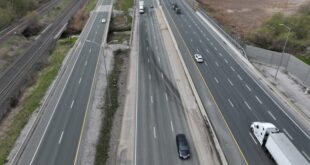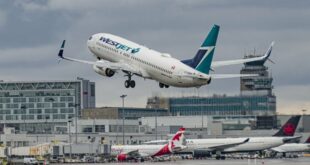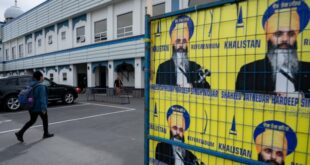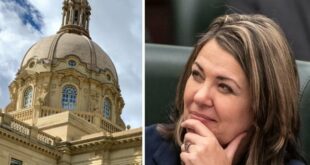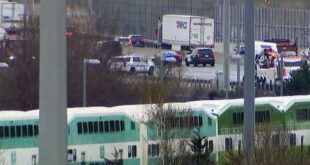Report expected to outline possible measures like parking tax, sales tax, vehicle fee

Torontonians will know more today about the possible taxes and fees available to city council in its quest to address its financial challenges.
In February, former mayor John Tory asked city staff to study an array of new taxes and fees to help address the city's finances. He'd hoped the study could help the city tackle annual deficits made worse by the COVID-19 pandemic.
The city says it will hold a media briefing this morning with city manager Paul Johnson and interim chief financial officer Stephen Conforti on its updated long-term financial plan. The briefing is scheduled for 10:30 a.m. ET.
Mayor Olivia Chow is expected to speak to media an hour later.
According to the city, its executive committee will consider the plan and staff recommendations at its meeting on Thursday, Aug. 24.
Chow — who took office on July 12 after winning the June 26 mayoral byelection — has said the City of Toronto faces a near billion-dollar budget shortfall this year, and has called on both the federal and provincial governments for help.
Ottawa rejects Chow's ask for more support
But in late July, Deputy Prime Minister Chrystia Freeland rejected Chow's request for hundreds of millions of dollars in financial support.
In a July 24 letter, Freeland said the federal government has contributed more than $6 billion to the city since the Liberals were elected in 2015. If further help is needed, Toronto should either pull money from its reserve accounts or approach Premier Doug Ford's provincial government, Freeland said.
The province has signalled a willingness to partner with the city.
At the time that Tory made the request to city staff, he estimated the city's spending gap amounted to more than $1.5 billion related to costs from 2022 and 2023. He blamed the city's "COVID hangover" for much of the problem and said Ottawa and the province must address it.
Tory had long maintained that Toronto's main source of revenue — property taxes — can't fund all programs and services. They also can't keep pace with the city's crumbling roads, sewers and expressways, with a $9.5 billion state-of-good repair backlog this year expected to double over the next decade, he said.
*****
Credit belongs to : www.cbc.ca
 MaharlikaNews | Canada Leading Online Filipino Newspaper Portal The No. 1 most engaged information website for Filipino – Canadian in Canada. MaharlikaNews.com received almost a quarter a million visitors in 2020.
MaharlikaNews | Canada Leading Online Filipino Newspaper Portal The No. 1 most engaged information website for Filipino – Canadian in Canada. MaharlikaNews.com received almost a quarter a million visitors in 2020.

